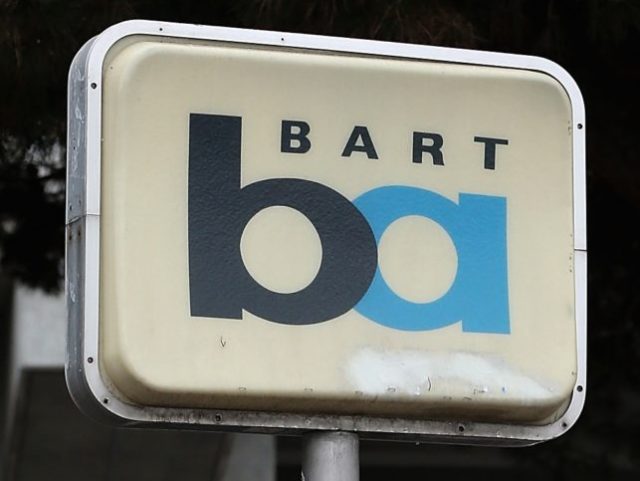Bait-and-switch has been the language of California politicians from both parties, but the Bay Area Rapid Transit (BART) $3.5 billion capital construction bond initiative on the November ballot has a loophole allowing proceeds to subsidize union wage spikes.
The BART bonds would require property owners in the three BART counties to pay a special tax for the next 48 years. The average annual increase for the average home would be roughly $80 in Contra Costa, $83 in Alameda and $110 in San Francisco.
BART is supposed to reserve 16 percent, or about $180 million, of its annual operating budget for capital replacement needs. But the BART Board of Directors has been notorious for redirecting the reserve toward spiking union labor compensation.
According to BART District 7 Board member Zakhary Mallett, numerous strikes and public employee featherbedding explains why the BART train system has a $4.8 billion shortfall. He blames deteriorating infrastructure on “lucrative board-approved employee contracts and investing in system expansion.”
In what the East Bay Times newspaper calls a shell game, the small print for the BART bonds’ legal indenture only requires under law that the BART Board transfer $60 million of the current $180 million capital reserve each year for the next decade. The Times is suspicious that the $120 billion a year loophole will be spent on wage spikes.
The BART unions dismiss concerns of wage spiking by pointing out that the average gross pay level for a BART employee was $76,551 last year. Although they do acknowledge union employees enjoy heavily subsidized pensions, health care coverage, and other sweetheart benefits, they claim these are common for government jobs.
But the real reason employee costs are so high is that the BART union contract makes workers eligible for lots of overtime pay, and there is a huge wage differential for union worker seniority pay compared to other California public employees.
As an examples, BART senior train operators gross $155,308, compared with the $109,450 that the Santa Clara Valley Transportation Authority pays its top light-rail train drivers. BART’s best-paid janitor made $82,752 while the upscale Hillsborough City School District paid its top custodian $59,360. And BART’s top paid senior electrician made $149,957 — nearly double the $79,878 that Alameda-Contra Costa Transit District‘s best-paid electrician made.
BART unions claim they need huge wage increases to remain competitive in hiring and retaining union employees when their union current contracts expire in June 2017.
But since 2007, BART has received nearly 65,000 job applications for about 1,800 line-level union openings. BART last year only had 6.8 percent of its blue-collar workforce resign or retire last year. That is about half the average national turnover rate for public and private employers.

COMMENTS
Please let us know if you're having issues with commenting.